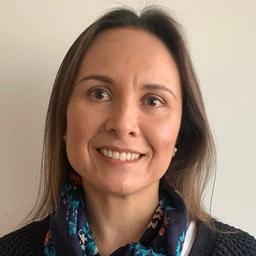Teaching strategies

Instructor: Mónica Naranjo
How can we transform our classes to ensure that each student reaches their maximum potential? This course provides practical tools to implement active teaching strategies with an inclusive approach, based on Universal Design for Learning (UDL). Over four sessions, participants will explore and adapt key methodologies such as Project-Based Learning, Problem-Based Learning, and the Case Method - to create learning experiences that respond to classroom diversity.
Course information
For teachers and school leaders
Duration: 12 hours
4 sessions
Live peer-to-peer learning
The methodology
Teachers will learn in small groups of 2-5 colleagues, meeting once a week for 4 weeks. Sessions are 1.5 hours and can be in-person or online.
Course syllabus
Session 1: Educational Model and UDL
- • Internalize key concepts of educational models and Universal Design for Learning (UDL) to develop inclusive teaching practices
Session 2: Project-Based Learning (PBL)
- • Understand and apply the Project-Based Learning (PBL) strategy with a UDL approach in educational contexts
Session 3: Problem-Based Learning (PBL)
- • Design learning activities using the PBL strategy with a UDL perspective adapted to different educational contexts
Session 4: Case Method
- • Adapt and apply the Case Method as a teaching strategy incorporating UDL principles to promote meaningful learning
The methodology
Teachers will learn in small groups of 2-5 colleagues, meeting once a week for 4 weeks. Sessions are 1.5 hours and can be in-person or online.

For teachers and school leaders
Duration: 12 hours
4 sessions
Live peer-to-peer learning